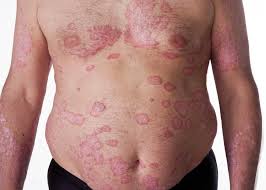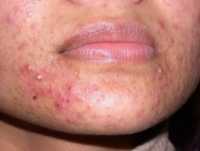MedicalResearch.com Interview with:
Stephanie L. Kuschel, MD
Indiana University School of Medicine
Indianapolis, IN, 46202
Robert Dellavalle, MD, PhD, MSPH
Professor of Dermatology and Public Health
University of Colorado School of Medicine
Colorado School of Public Health
Chief, Dermatology Service
US Department of Veterans Affairs
Eastern Colorado Health Care System
Denver, CO 80220
MedicalResearch.com: What is the background for this study? What are the main findings?
Response: Physicians can serve as external experts and voting members of FDA advisory committee panels, which help determine if a drug is acceptable for the US market. Considering that financial conflicts of interest (FCOI) have been shown to influence voting member habits, the FDA has regulations in place to minimize these FCOI. However, the FDA can grant waivers for some financially conflicted individuals if they meet certain requirements (like offering key insights that may out-weigh the risk of a possible FCOI). Additionally the FDA does not make stipulations regarding post-advisory role financial relationships. In fact, many former FDA committee advisors later engage in financial relationships with pharmaceutical companies. Some worry these post-hoc financial relationships could pose an ethical dilemma whereby future FDA advisory members are incentivized to alter their voting habits in expectation of future rewards. Others argue the situation may be more complex than expected.
For example, the author of one study, found that while there was evidence for a pro-industry voting bias among committee members with exclusive financial relationships to the sponsoring manufacturer (of the drug under review), this was not the case for members with nonexclusive financial ties to both the sponsor and its competitors
1. Furthermore, the author found that advisors with many corporate ties were (on average) actually more likely than their peers without any financial ties to vote against the sponsor. The author argued that these advisors were more likely to be experienced researchers, and their voting habits may reflect their experience evaluating medical research.
While this author and others have offered valuable insights into financial relationships of advisors during their advisory role, unfortunately little information is available regarding post-advisory role financial relationships and whether these relationship have any influence on the integrity of the voting process. The purpose of our study was to review Open Payment data on industry payments to former physician FDA dermatologic drug committee members.
(more…)





